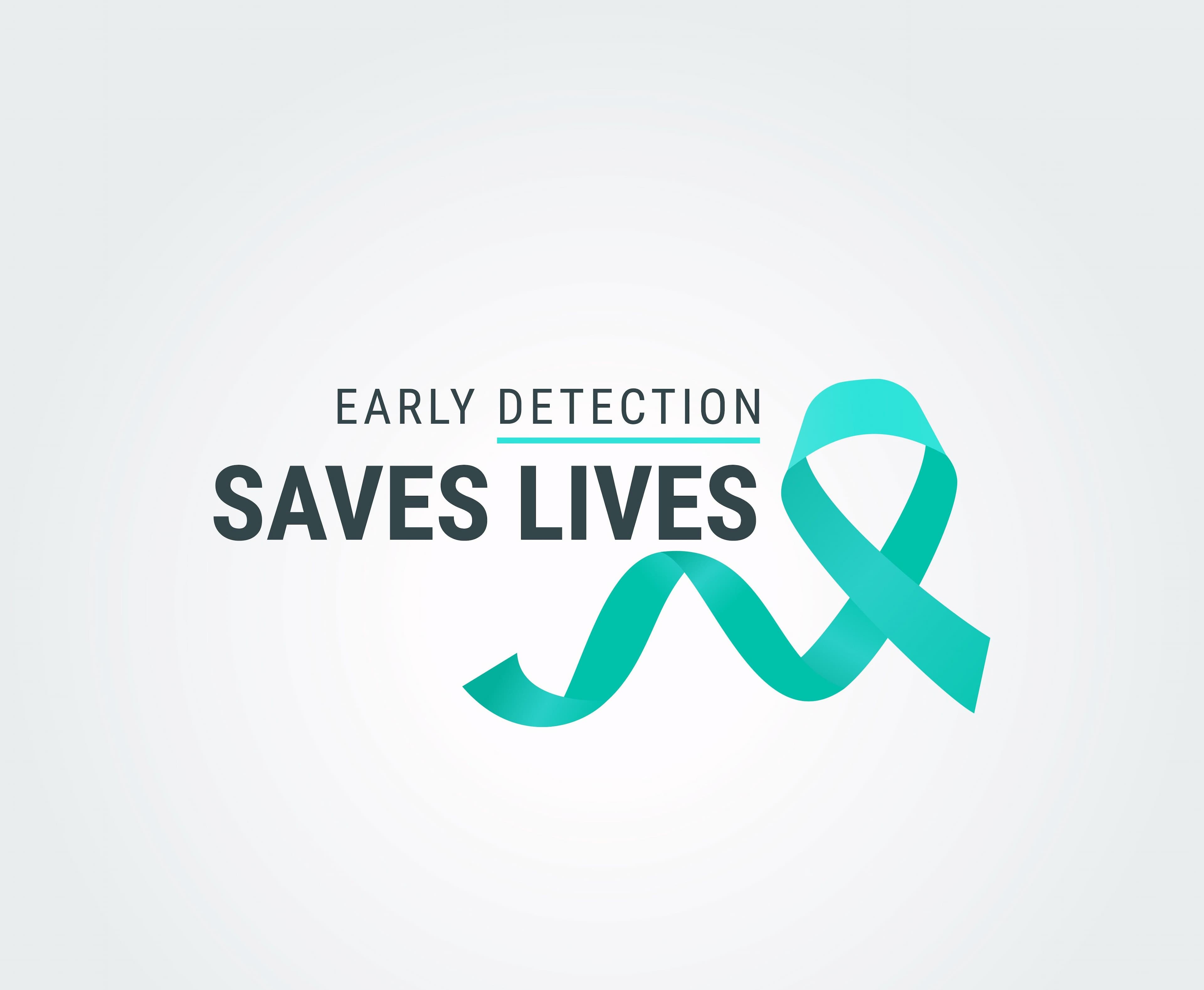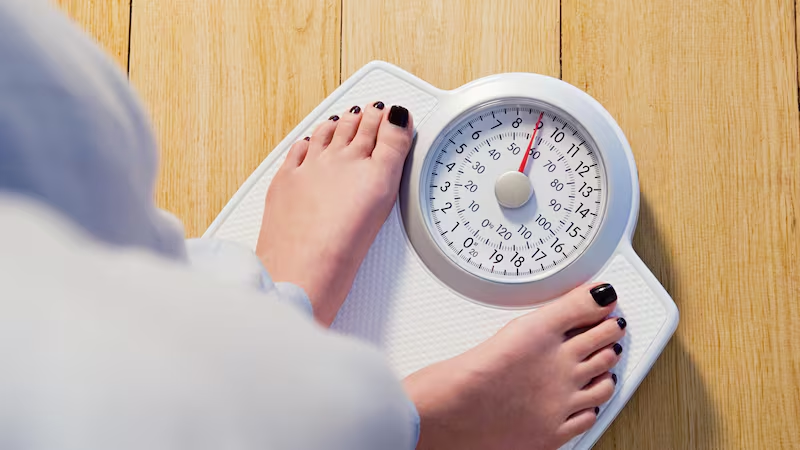
Rising Covid cases in UAE: Daily infections cross 1,000 mark for first time since Feb this year
Residents have no reason to be alarmed yet, say doctors
Daily Covid-19 cases crossed the 1,000-mark in the UAE for the first time in nearly four months. On Thursday, June 9, the Ministry of Health and Prevention (MoHAP) reported 1,031 infections.
Cases have more than doubled from the beginning of the month when 442 infections were reported. The last time UAE recorded over 1,000 cases this year was on February 14.
The health ministry reported 1,191 positive cases, 2,713 recoveries, and two deaths. Since then, daily cases have fallen steadily, and there were zero Covid-related death cases for over two months until two mortalities were reported on May 29.
New cases were detected through 286,851 additional tests, and the total number of cases in UAE as of June 9 stood at 913,984, while full recoveries stand at 896,448. The death toll stands at 2,305.
The World Health Organisation said there had been 530,896,347 confirmed cases of Covid-19 as of June 8, including 6,301,020 deaths.
Is the spike in cases a matter of concern?
While the slight spike in cases is a matter of concern for citizens and expatriates, UAE doctors have ensured residents there is no reason to be alarmed.
Leading pulmonologists have said eligible residents should take a booster shot of the coronavirus vaccine.
Moreover, those with risk factors such as diabetes, heart diseases, and those who have recovered from pneumonia must avoid unnecessary gatherings. Children with flu-like symptoms should avoid school.
Dr Saheer Sainalabdeen, a specialist in respiratory medicine at Medeor Hospital, Dubai, explained, “Normally, when we take precautionary measures such as wearing masks and taking the Covid-19 vaccine, the chances of infection are low.”
However, the current increasing trend in Covid-19 cases can be explained by the immune evasive nature of the virus and the weaning of natural and vaccine immunity said the doctor.
According to Dr Sainalabdeen, this is a natural process in any virus’s life cycle. “It is normal, and there is no reason to fear. While people get infected, severe and, death cases are almost next to nil. Hospitalisation cases are not prevalent,” he added.
The doctor also suspects infected individuals must be contracting the BA.4 or BA.5 Omicron variants first found in South Africa.
Dr Sainalabdeen has said at-risk individuals should take the vaccine booster, and they must avoid unwanted social gatherings. “Like the flu vaccine, which is taken annually, the Covid-19 vaccine booster doses must also be taken as per UAE government health authority guidelines.”
Given the prevalence of Monkeypox cases, patients must also check with a physician and take preventive measures, especially those with a rash or travel history.
Meanwhile, Dr Ram Shukla, a specialist - in infectious diseases at the NMC Royal Hospital in Sharjah, stressed that wearing a well-fitted standard mask is a critical and proven public health tool. He said, “Mask is mandatory in crowded, closed spaces and while travelling as folk are not able to maintain a safe distance with each other.”
Are we becoming too lax?
“With restrictions being lifted and life getting back to normal, people nowadays do not treat Covid-19 as problematic. Also, UAE has recently become 100 per cent vaccinated against Covid-19. The rising number of cases is an indicator for all of us that the virus is still contagious,” said Dr Ramesh Bhaskaran, a specialist in internal medicine at Aster Hospital, Al Qusais.
“With all the eligible sections of the population vaccinated and the disease becoming mild compared to the earlier stages, there is nothing much to worry about the numbers. He added that the mortality rate has come down, and the present infections are like a routine viral illness,” he added.
“We should not let our guard down as we do not know how the virus will act in different people. Especially among the vulnerable population, including the elderly and children,” said Dr Bhaskaran.
Safety measures to keep in mind
Hand hygiene is crucial while travelling as frequently touched surfaces are often contaminated
Any mask is better than no mask. However, a standard well-fitted mask is preferred
Masks and respirators (N95) are different, the cover is advised, and N95 should be used by professionals (due to the unique method to wear and care)
Essence is to follow appropriate Covid-19 behaviour while travelling and in crowded, closed spaces
Mask, physical/social distancing, hand-hygiene testing and vaccination are essential for some more time to reduce the chances of spreading Covid-19
People experiencing symptoms must quickly isolate and keep away from family members to avoid the spread







